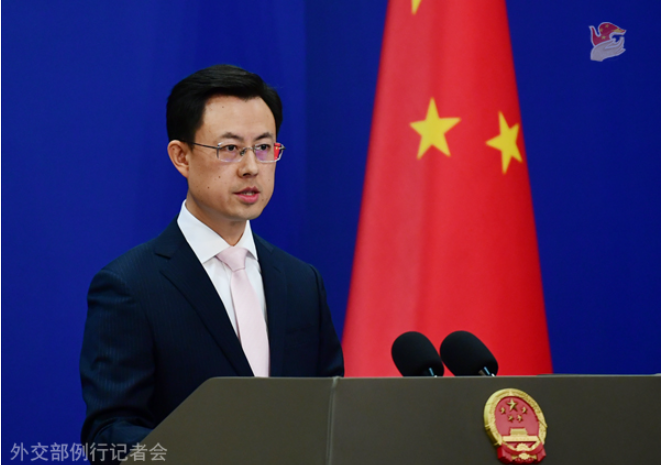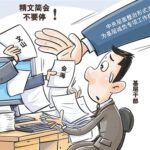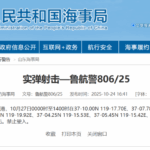On October 22, the Ministry of Foreign Affairs spokesperson presided over the regular press conference.
A journalist asked: Following talks with China’s Minister of Commerce, the European Commission’s Commissioner for Trade and Economic Security stated that EU and Chinese officials have agreed to hold emergency talks in Brussels to discuss China’s export controls on rare earth elements. Can the Ministry of Foreign Affairs confirm these talks and provide more information?
“The relevant Chinese authorities have already released relevant information, which you can refer to,” the spokesperson emphasized. “The essence of China-EU economic and trade relations is complementary advantages and mutual benefit. We hope the EU side will abide by its commitment to supporting free trade and opposing trade protectionism, provide a fair, transparent, and non-discriminatory business environment for companies from all countries, safeguard market economy principles and WTO rules through concrete actions, and insist on properly resolving trade differences through dialogue and consultation.”
Ministry of Foreign Affairs
The Ministry of Foreign Affairs is a key government department responsible for managing a nation’s diplomatic relations and foreign policy. Historically, such ministries emerged in Europe during the 17th and 18th centuries as modern states developed a greater need for professional diplomacy. Today, it typically handles international treaties, protects citizens abroad, and represents the country’s interests on the global stage.
European Commission
The European Commission is the European Union’s politically independent executive body, responsible for proposing legislation and implementing decisions. It was established in 1958 as part of the then-new European Economic Community. The Commission operates as a cabinet government, with members appointed from each EU country to uphold the collective interest of the Union.
Brussels
Brussels is the capital of Belgium and the de facto capital of the European Union. Its history dates back to a 10th-century settlement, and it grew into a major commercial center, renowned for its Grand Place, a UNESCO World Heritage site that showcases its medieval and Baroque architectural heritage.
China
China is one of the world’s oldest continuous civilizations, with a recorded history spanning over four millennia. It is renowned for its profound cultural heritage, including inventions like paper, gunpowder, and the compass, and iconic landmarks such as the Great Wall and the Forbidden City. Today, it is a rapidly modernizing nation that blends its ancient traditions with contemporary global influence.
EU
The European Union (EU) is a unique political and economic partnership between 27 European countries that emerged after World War II to foster peace and economic cooperation. It has evolved from a purely economic union into an organization spanning policy areas from climate to foreign policy, with its own currency (the euro) used by 20 member states.
WTO
The World Trade Organization (WTO) is an international institution that deals with the global rules of trade between nations. It was established in 1995, succeeding the General Agreement on Tariffs and Trade (GATT) which was created after World War II. Its primary goal is to ensure that trade flows as smoothly, predictably, and freely as possible.



